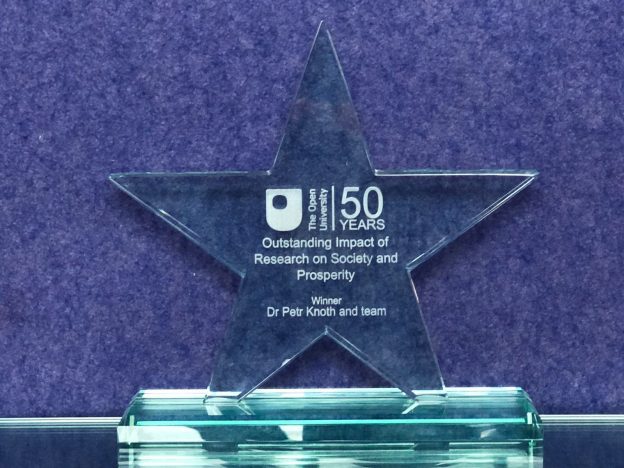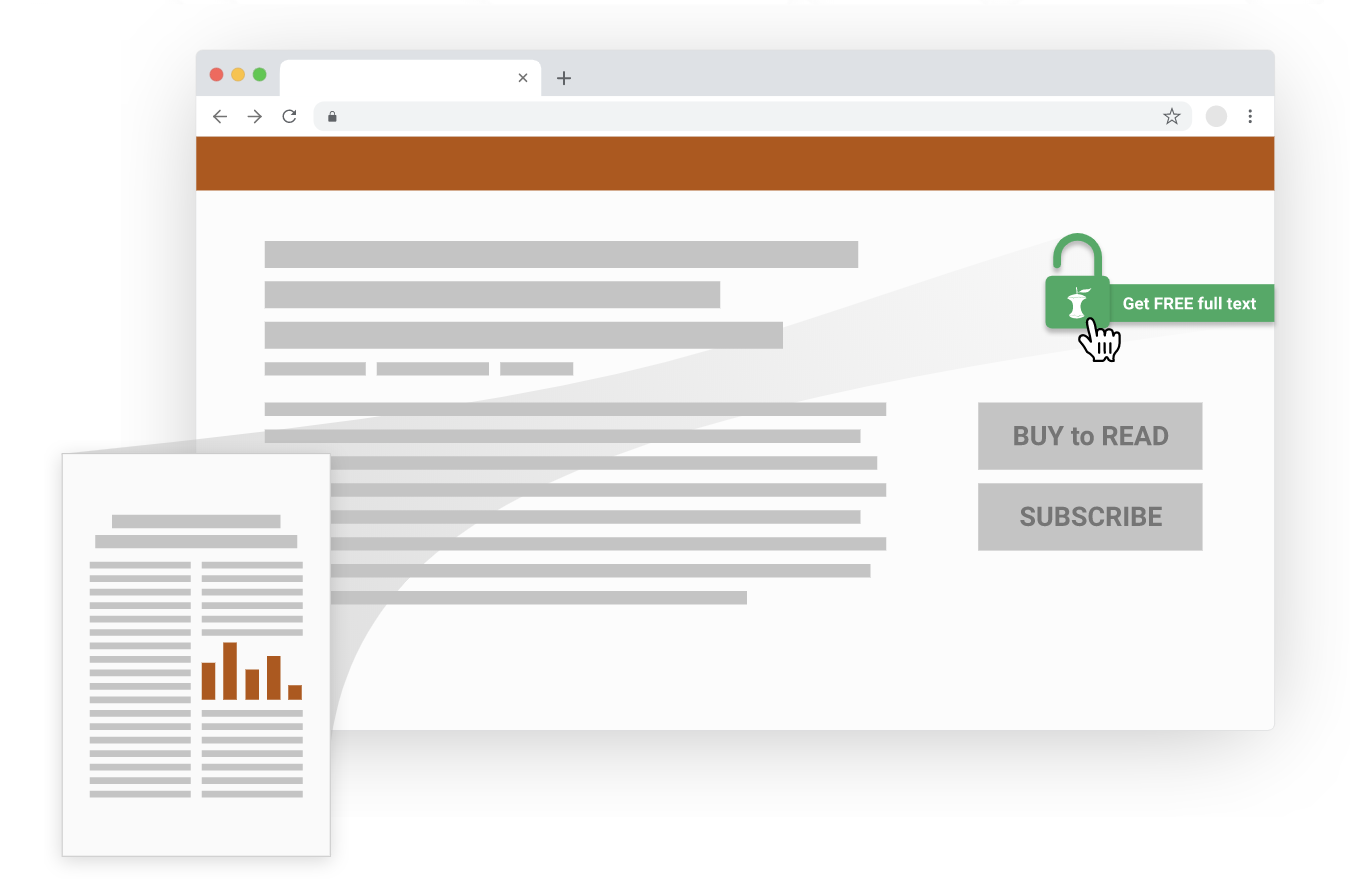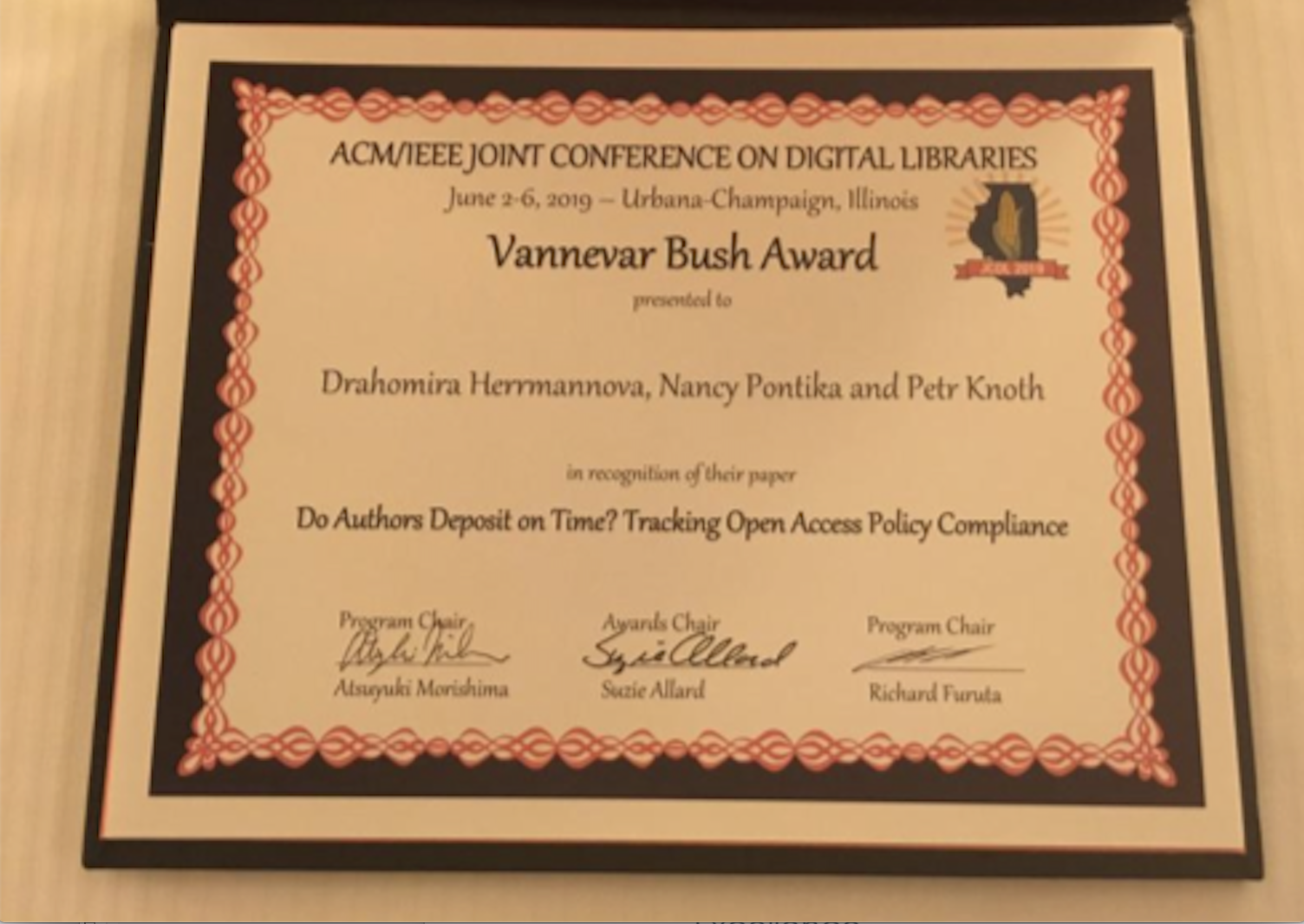* Post updated on June 20th and June 23rd with links to presentations.
In this year’s Open Repositories 2016, an international conference addressed to the scholarly communications community with a focus on repositories, open access, open data and open science, CORE had 6 items accepted; 1 Paper, 1 Workshop, 1 Repository Rave presentation, 1 Poster and 2 showcases in the Developer Track and Ideas Challenge. The titles and summaries of our accepted proposals are:
Paper: Exploring Semantometrics: full text-based research evaluation for open repositories / Knoth, Petr; Herrmannova, Drahomira
Over the recent years, there has been a growing interest in developing new scientometric measures that could go beyond the traditional citation-based bibliometric measures. This interest is motivated on one side by the wider availability or even emergence of new information evidencing research performance, such as article downloads, views and twitter mentions, and on the other side by the continued frustrations and problems surrounding the application of citation-based metrics to evaluate research performance in practice. Semantometrics are a new class of research evaluation metrics which build on the premise that full text is needed to assess the value of a publication. This talk will present the results of an investigation into the properties of the semantometric contribution measure (Knoth & Herrmannova, 2014). We will provide a comparative evaluation of the contribution measure with traditional bibliometric measures based on citation counting. Our analysis also focuses on the potential application of semantometric measures in large databases of research papers.
Presentation slides
Workshop: Mining Repositories: How to assist the research and academic community in their text and data mining needs – a workshop / Pontika, Nancy; Knoth, Petr; van Dijke, Hege; Anastasiou, Lucas
Over the past five years there has been a significant interest in text and data mining (TDM) practices from the European Union (EU). In scholarly communication, TDM is already a developed practice in some scientific fields, for example, in the life sciences and computer science. Nonetheless, after a call that we sent out to the United Kingdom Council of Research Repositories (UKCoRR) list serve, we discovered that there was a limited number of TDM projects that had as their primary source of information the repositories’ collections. To address this challenge, the EU-funded project OpenMinTeD looks to enable the creation of an infrastructure that fosters and facilitates the use of TDM technologies in the scientific publications field, targeting both domain users and TDM experts. In this context we propose a three hour workshop, where we will introduce the topic of TDM to the repositories community, explore how the OpenMinTed project aims to assist with the adoption of TDM practices and present on existing TDM projects that were conducted using text and data from repositories.
Workshop blog post
Repository Rave presentation: Implementation of the RIOXX metadata guidelines in the UK’s repositories through a harvesting service / Cancellieri, Matteo; Pontika, Nancy
The COnnecting REpositories (CORE) project aims to aggregate content from open access repositories and journals and distribute this content in one central end point facilitating the open access dissemination of the scientific research. In an effort to improve the quality and transparency of the aggregation process of the open access content and create a two-way collaboration between the CORE project and the providers of this content, CORE has created the Repositories Dashboard. The RIOXX Metadata application profile aims to assist repository managers in tracking compliance with the Research Councils UK Policy on Open Access and Guidance. In this Repositories Rave session we will present how CORE is implementing the RIOXX metadata in the CORE Dashboard.
Presentation slides
Poster: Intergration of IRUS-UK statistics in the CORE Repositories Dashboard/ Pearce, Samuel; Pontika, Nancy
The COnnecting REpositories (CORE) project aims to aggregate content from open access repositories and journals, and distribute this content in one central point facilitating the open access dissemination of the scientific research. Institutional Repository Usage Statistics UK (IRUS-UK) is a Jisc-funded project that serves as a national repository usage statistics aggregation service, which aims to provide article download statistics from UK repositories. At CORE, we wanted to present the information regarding the manuscripts’ downloads to repository managers and therefore, we have integrated into the CORE Repositories Dashboard. In this poster we will present a) the submission process of the IRUS-UK statistics and b) how CORE retrieves these statistics and displays them to the UK Higher Education Institutions (HEIs).
Poster link
Developer Track and Ideas Challenge:
Oxford vs Cambridge Contest: Collecting Open Research Evaluation Metrics for University Ranking read more...




 The CORE team has also won the Vannevar Bush Best Paper Award at JCDL 2019, one of the most highly recognised digital libraries conference in the world, for our work on analysing how soon authors deposit into repositories, which was driven by CORE data. A
The CORE team has also won the Vannevar Bush Best Paper Award at JCDL 2019, one of the most highly recognised digital libraries conference in the world, for our work on analysing how soon authors deposit into repositories, which was driven by CORE data. A